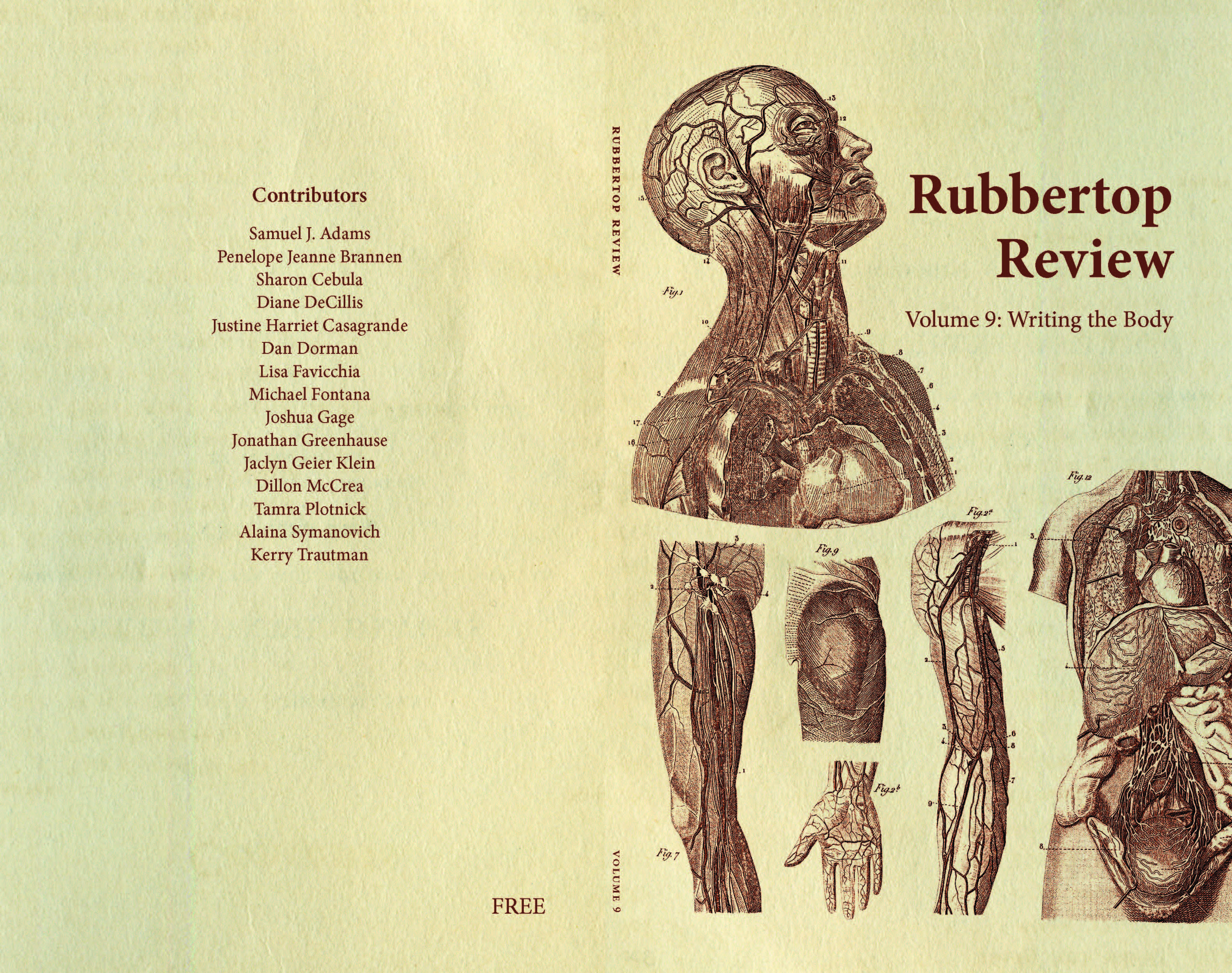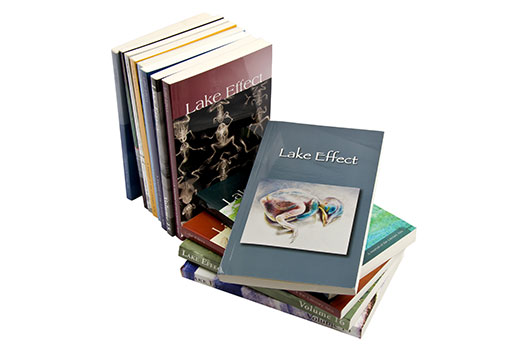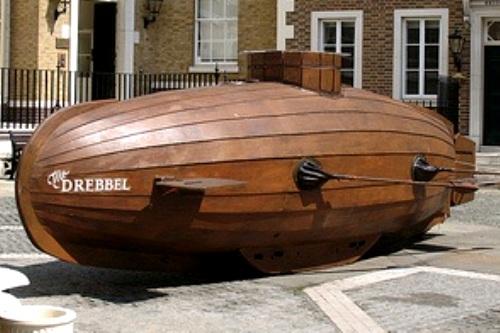The Notebooking Daily 2020 Writing Series is a daily writing exercises for both prose writers and poets to keep your creative mind stretched and ready to go—fresh for your other writing endeavors. The writing prompts take the impetus—that initial crystal of creation—out of your hands (for the most part) and changes your writing creation into creative problem solving. Instead of being preoccupied with the question "What do I write" you are instead pondering "How do I make this work?" And in the process you are producing new writing.
These exercises are not meant to be a standard writing session. They are meant to be productive and to keep your brain thinking about using language to solve simple or complex problems. The worst thing you can do is sit there inactive. It's like taking a 5 minute breather in the middle of a spin class—the point is to push, to produce something, however imperfect. If you don't overthink them, you will be able to complete all of the exercises in under 30 minutes.
#59
Erasing "Out of Season" 4
For today's exercise we have split paths for fiction and poetry, though I highly recommend that even fiction writers try the poetry exercise, because erasures can be a blast!
For poetry do an erasure or
black-out poem from the following selection of
Ernest Hemingway's 1923 short story "Out of Season". An Erasure/Blackout is really simple: you take the given text and remove
many words to make it your own new piece. One way to go about the erasure that I like to do is to copy the text and paste it twice into your document before you start erasing or blacking out (in MS Word set the text background color to black), that way if you get further into the erasure and decide you want a somewhat different tone or direction, it's easy to go to the unaltered version and make the erasure/black-out piece smoother. Another tip is to look for recurring words, in this example 'marsala' occurs multiple times and could be a good touchstone for your piece.
If you insist on fiction, write a piece with one of the three titles taken from this section:
- "The Line Will Lie Flat on the Water"
- "A Little is Enough"
- "Five Lira for a Favor"
Today's excerpt is a little short so keep that in mind when composing your erasure.
Erasure Selection:
from "Out of Season"
We can't fish then, said the y. g. and unjointed the rod, reeling the line back through the guides. We'll get some piombo and fish tomorrow.
But listen caro, you must have piombo. The line will lie flat on the water. Peduzzi's day was going to pieces before his eyes. You must have piombo. A little is enough. Your stuff is all clean and new but you have no lead. I would have brought some. You said you had everything.
The y. g. looked at the stream discolored by the melting snow. I know, he said, we'll get some piombo and fish tomorrow.
At what hour in the morning? Tell me that.
At seven.
The sun came out. It was warm and pleasant. The young gentleman felt relieved. He was no longer breaking the law. Sitting on the bank he took the bottle of marsala out of his pocket and passed it to Peduzzi. Peduzzi passed it back. The y. g. took a drink of it and passed it to Peduzzi again. Peduzzi passed it back again. Drink, he said, drink. It's your marsala. After another short drink the y. g. handed the bottle over. Peduzzi had been watching it closely. He took the bottle very hurriedly and tipped it up. The gray hairs in the folds of his neck oscillated as he drank, his eyes fixed on the end of the narrow brown bottle. He drank it all. The sun shone while he drank. It was wonderful. This was a great day after all. A wonderful day.
Senta caro! In the morning at seven. He had called the young gentleman caro several times and nothing had happened. It was good marsala. His eyes glistened. Days like this stretched out ahead. It would begin at seven in the morning.
They started to walk up the hill toward the town. The young gentleman went on ahead. He was quite a way up the hill. Peduzzi called to him.
Listen caro can you let me take five lira for a favor?
For today? asked the young gentleman frowning.
No, not today. Give it to me today for tomorrow. I will provide everything for tomorrow. Pane, salami, formaggio, good stuff for all of us. You and I and the signora. Bait for fishing, minnows, not worms only. Perhaps I can get some marsala. All for five lira. Five lira for a favor.
The young gentleman looked through his pocketbook and took out a two-lira note and two ones.
Thank you caro. Thank you, said Peduzzi, in the tone of one member of the Carleton Club accepting the Morning Post from another. This was living. He was through with the hotel garden, breaking up frozen manure with a dung fork. Life was opening out.
Until seven o'clock then caro he said, slapping the y. g. on the back. Promptly at seven.
I may not be going, said the young gentleman putting his purse back in his pocket.
What, said Peduzzi, I will have minnows Signor. Salami, everything. You and I and the Signora. The three of us.
I may not be going, said the y. g., very probably not. I will leave word with the padrone at the hotel office.
------------------------------------
If you'd like some background music to write to, try lofi mix "A Calm Breeze" from the Youtube channel
the bootleg boy.
 For today's writing exercise you will write a piece of poetry or prose which contains the following three things, Nice and simple.
For today's writing exercise you will write a piece of poetry or prose which contains the following three things, Nice and simple.



















